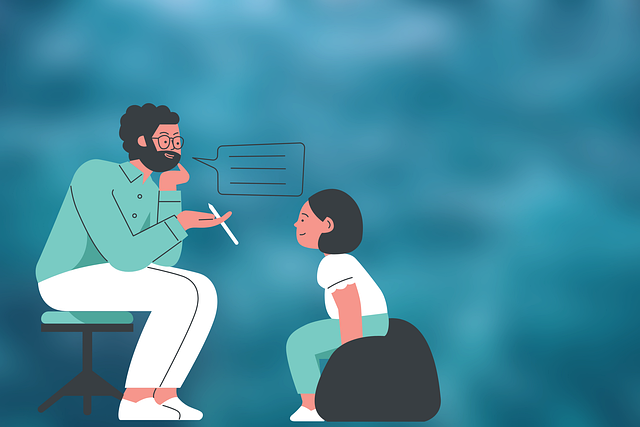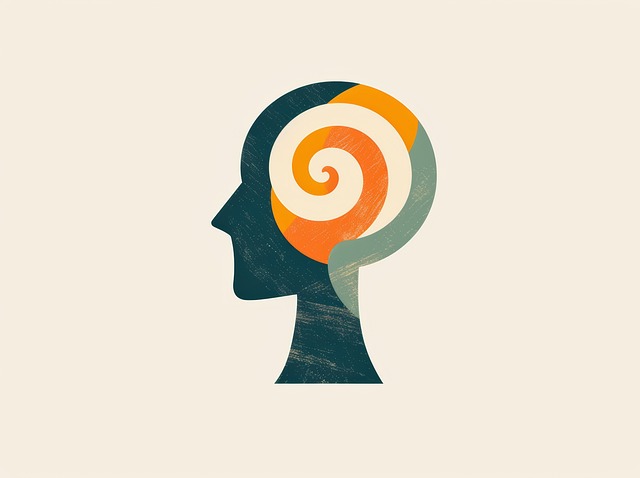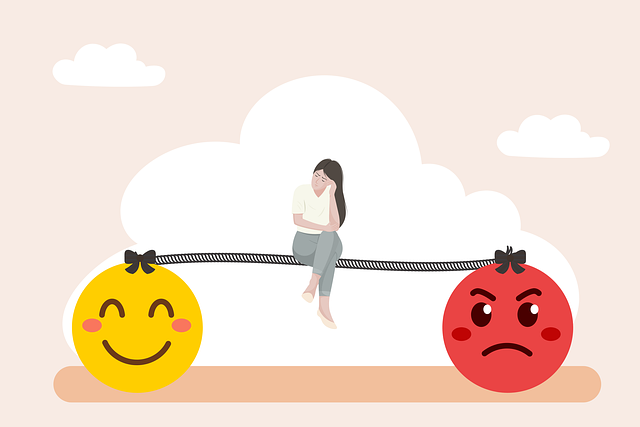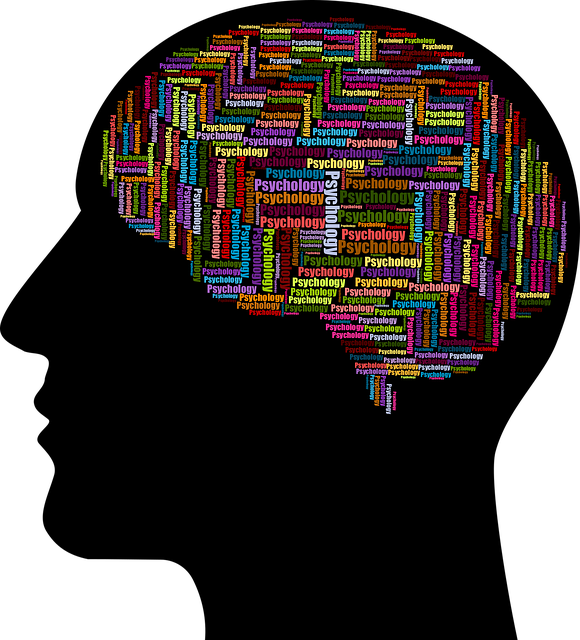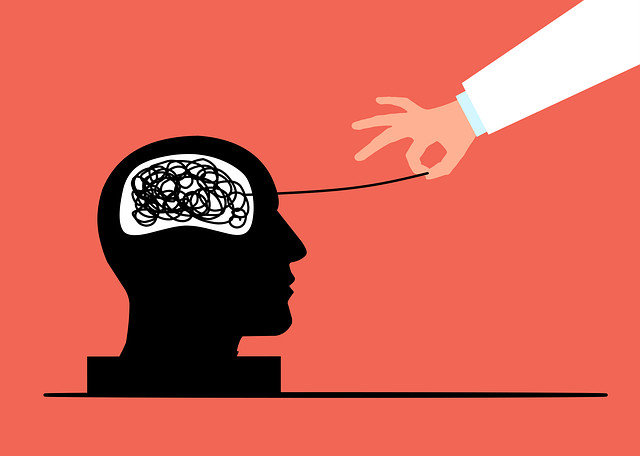Northglenn Blended Families Therapy addresses the unique challenges of blended families by prioritizing self-care, which enhances mental resilience and family satisfaction. Through tailored therapy sessions, crisis guidance, and empathy-building strategies, they help uncover diverse individual needs. By integrating self-care routines with dedicated time for mental, physical, and emotional well-being, along with social connections, families can strengthen bonds and create a supportive home environment. Mindfulness techniques, community building, and Cultural Competency Training further empower individuals to manage stress, improve mental health, and foster positive relationships within their blended families.
Self-care is an essential aspect of maintaining mental well-being, especially within the complex dynamic of blended families. In this article, we explore strategies for enhancing self-care practices tailored to Northglenn’s blended family communities. We delve into understanding the impact of self-care on family harmony and offer insights on recognizing unique individual needs within these families. Through practical tips, we guide readers towards establishing effective routines, incorporating mindfulness, and building supportive networks, including the role of therapy in fostering a healthier, happier Northglenn blended family environment.
- Understanding Self-Care and Its Impact on Family Dynamics
- Recognizing Individual Needs within Blended Families
- Strategies for Effective Self-Care Routines
- Incorporating Mindfulness and Relaxation Techniques
- Building a Supportive Community: Enhancing Self-Care through Therapy
Understanding Self-Care and Its Impact on Family Dynamics

Self-care is an essential practice that involves attending to one’s physical, mental, and emotional well-being. For blended families in Northglenn, where two or more people from different backgrounds come together to create a new household, understanding and prioritizing self-care can significantly impact the overall family dynamics. In these unique family structures, individuals often face challenges related to adjustment, communication, and establishing boundaries.
By promoting self-care, family members can develop healthier coping mechanisms, improve communication, and foster a more supportive environment. It enables each person to manage stress, enhance their mental resilience, and better navigate the complexities of blended family life. This, in turn, can lead to improved relationships, increased satisfaction, and a stronger sense of unity within the family. Public Awareness Campaigns Development and Crisis Intervention Guidance can play a vital role in educating blended families on various self-care practices, offering tailored Stress Reduction Methods to suit their unique needs.
Recognizing Individual Needs within Blended Families

In Northglenn Blended Families Therapy sessions, a significant aspect of improving self-care practices is recognizing and addressing individual needs within the family unit. Blended families, often composed of biological parents, step-parents, and children from previous relationships, present unique challenges. Each member may have distinct emotional, physical, and psychological requirements, stemming from their personal histories and experiences. Therapists play a pivotal role in facilitating open communication to uncover these diverse needs.
By implementing crisis intervention guidance tailored to each individual, therapists can help blended family members develop effective self-care practices. This involves teaching empathy building strategies that foster deeper connections and understanding among family members. Through these sessions, families learn to navigate complex dynamics, ensuring everyone’s well-being is prioritized while nurturing a supportive environment conducive to growth and healing.
Strategies for Effective Self-Care Routines

Creating effective self-care routines is a journey that can transform your overall well-being, especially for those in Northglenn Blended Families Therapy looking to strengthen their mental health. A key strategy involves setting dedicated time for activities that recharge and rejuvenate your mind, body, and soul. This could include regular exercise, meditation, or even simple hobbies like reading or painting. Consistency is crucial here; incorporating these practices into a daily or weekly schedule ensures they become ingrained habits, providing much-needed structure to self-care.
Additionally, fostering strong social connections and seeking support from friends and family can significantly enhance self-care. Public Awareness Campaigns Development initiatives play a vital role in encouraging open conversations about emotional intelligence, which is essential for managing stress and building resilience. By integrating these strategies into your life, you can create a holistic self-care routine tailored to your unique needs, ultimately improving your quality of life.
Incorporating Mindfulness and Relaxation Techniques

Incorporating mindfulness and relaxation techniques can significantly enhance self-care practices for individuals from Northglenn Blended Families Therapy communities. These practices, such as meditation, deep breathing exercises, and yoga, offer powerful tools to manage stress, improve mental health awareness, and boost confidence. By dedicating just a few minutes each day to these activities, folks can cultivate a sense of inner calm and positive thinking, which are essential for navigating life’s challenges.
Mindfulness, in particular, has been shown to promote emotional well-being by helping individuals stay present and appreciate the moment without judgment. This simple yet profound shift in perspective can foster resilience and encourage healthier ways of coping with stress. For families looking to strengthen their bonds and create a more harmonious home environment, Northglenn Blended Families Therapy recommends incorporating these practices into daily routines, ultimately contributing to improved mental health and enhanced quality of life for all members.
Building a Supportive Community: Enhancing Self-Care through Therapy

Building a supportive community is an essential aspect of enhancing self-care practices, especially for individuals navigating complex personal lives, such as those in blended families. Northglenn Blended Families Therapy offers specialized services tailored to these unique family structures, fostering an environment where every member feels valued and heard. Through therapy sessions, families can explore and address the challenges that come with blending different cultural backgrounds, lifestyles, and expectations. This holistic approach not only strengthens familial bonds but also empowers individuals to develop healthier coping mechanisms and improve their overall mental wellness.
Incorporating therapy into self-care routines allows for a deeper understanding of one’s emotions and behaviors. Healthcare providers play a pivotal role in promoting emotional well-being by offering Cultural Competency Training, ensuring they can cater to the diverse needs of their clients. By integrating evidence-based techniques into their practice, therapists enable individuals to cultivate resilience, improve communication skills, and adopt positive self-care strategies that resonate with their personal journeys.
Self-care is not just a personal practice, but an essential component of healthy family dynamics, especially within blended families. By recognizing and catering to individual needs, families in Northglenn can create supportive environments that foster well-being. Implementing strategies like structured self-care routines, mindfulness exercises, and seeking therapy through Northglenn Blended Families Therapy can significantly enhance the quality of life for each member. Through these practices, families can navigate challenges more effectively, strengthen bonds, and cultivate a sense of balance and happiness.


